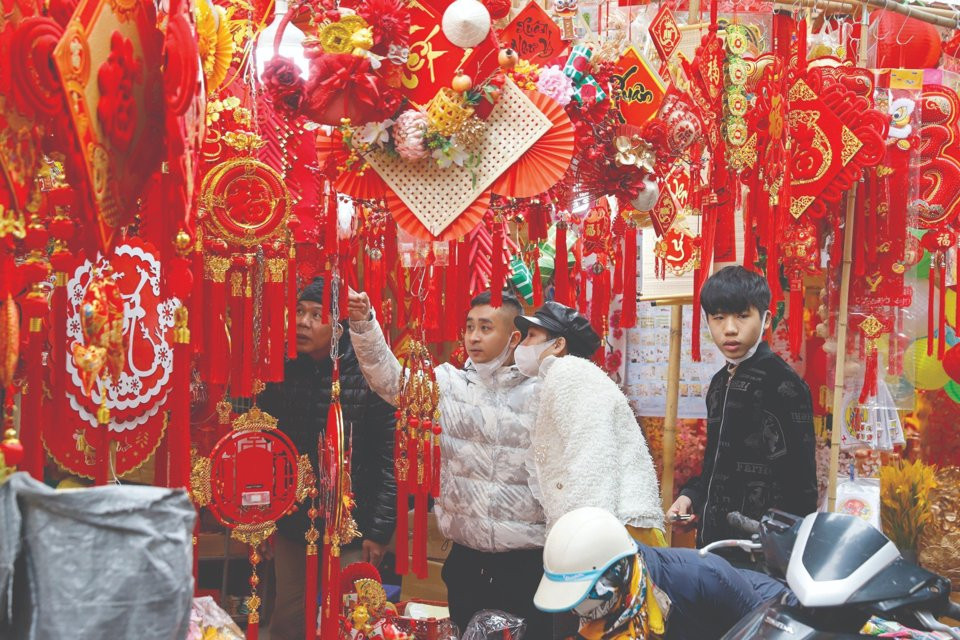
As peach blossoms fill the streets and everyone finishes last-minute tasks in preparation for Tet (Lunar New Year), musician Nguyen Quang Long sent The Hanoi Times his latest music video entitled Xam Tet Viet (Xam song about the Vietnamese Lunar New Year).
Born in the Year of the Dragon (1976), Nguyen Quang Long has many plans for the Year of the Dragon in 2024, which marks his 30th year as a professional musician.
The 'archaeologist' of Xam art
Long is a well-known face to lovers of traditional Xam music and singing. He was once called the archaeologist of Xam because he is credited with rediscovering and preserving many classic Xam songs.
Born in the northern province of Bac Ninh, the land of Quan ho (love duet singing), in a family with music tradition, he has learned and played with music since a child.
His passion for Xam music began in in 2005, when music critic and theorist Long was working at the Recording House (Dihavina). He happened to meet musician Thao Giang, who told him of his enthusiasm for restoring Xam music. Long joined Giang and his fellow artists at the Vietnam Center for the Development of Musical Arts to revive Xam singing.
Researcher Long himself hastened to learn how to sing Xam, knowing that it's the only way to preserve this folk music genre.
Prolonging the life of Xam
Thanks to his studies, Long not only sang Xam successfully, but also composed many new Xam songs with a contemporary touch, such as Tieu tru cuop bien (Exterminate Pirates) and Bon mua hoa Ha Noi (Four Seasons of Flowers in Hanoi).
He used other melodies like nursery rhymes, speeding up the tempo to make the folk music more modern and attract more listeners. Long composed some big hits such as Xam Hanoi (performed by Ha Myo-The Phuong VBK) and Destroy Corona (Xam Ha Thanh group)... combining traditional Xam melodies with vibrant rap and EDM.
With the group Xam Ha Thanh, he brought Xam to the masses through performances in the streets, relics, theatres and even the Hanoi Opera House. Artists have also released Xam performances on digital music platforms and social networks.
"In the current period, Xam also needs to change to gain listeners. Traditional art needs continuity, but if we only preserve it, it means cutting off the life support of the heritage. However, we still have to make sure that the traditional characteristics of the art are preserved," said musician Long.
His happiness is to find an old manuscript and meet the old artists - the "living treasures" - and hear interesting stories from them.
"It was only after many field trips that I learned the meaning of folk songs, or when I went to the Central Highlands to learn that the Ede people of the Bih branch had a set of gongs played by women. Before that I thought gongs were musical instruments for men. The Ede Bih people live near the Krong Ana river, so their music is more lyrical than that of the branches living in the high mountains. It was very interesting to discover that," said Long.
Like many Vietnamese, the musician is eagerly awaiting and celebrating Tet. For Long, Tet is always about family reunions and spending more time with Xam, the music of his life.
Source: hanoitimes